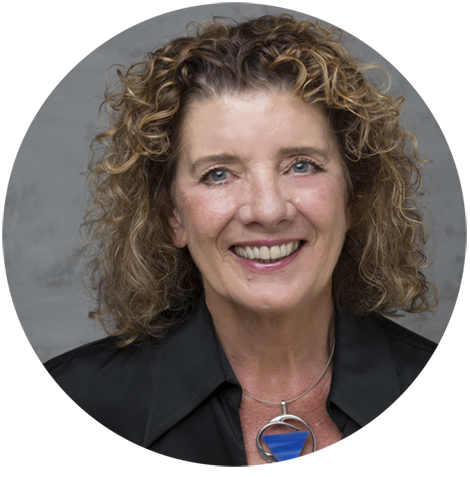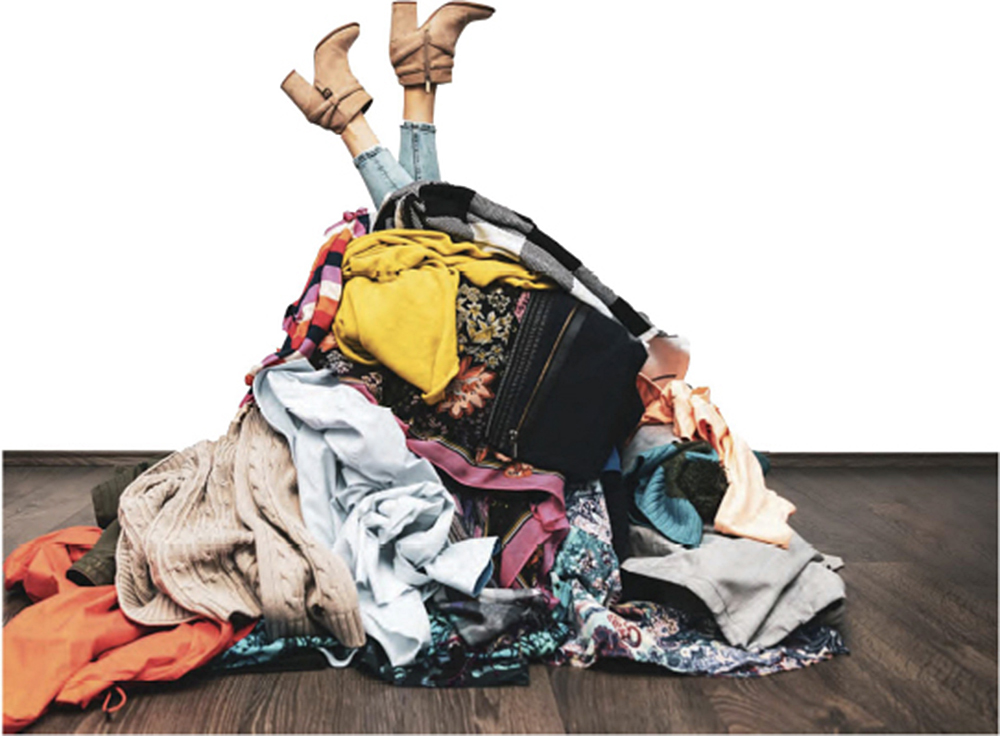
Dr. Regina Lark is an Organizing and Productivity Specialist based in Los Angeles. In 2008 she founded A Clear Path, followed by Silk Touch Moves, and recently, Speaking of Clutter.
Regina and her ninja organizers provide professional physical, emotional, and psychological support for people who wish to clear clutter and chaos from their lives. As a Board Certified Professional Organizer with additional certifications in ADHD, Chronic Disorganization, and Hoarding Disorders, she is a graduate of the Organizer Coach Foundation Training Program, and serves as a Member Director of the National Association of Productivity and Organizing Professionals (NAPO).
Dr. Lark is a frequent speaker and educator on topics ranging from women’s leadership, emotional labor, time management, productivity, hoarding, and ADHD.
She has been featured on A&E’s hit television show Hoarders, in The Wall Street Journal, Los Angeles Times, and many other publications.
Regina is the author of Psychic Debris, Crowded Closets: The Relationship between the Stuff in your Head and What's Under your Bed (3rd ed., 2017, Purple Books Pubs.).
In 2018, she was identified as one of “20 Best” Professional Organizers by Expertise.com. In 2016, she was named one of LA’s Top 10 Organizers by CBS/KCAL Channel 2, and was awarded by “Most Innovative Organizer” by NAPO-LA
Regina earned her Ph.D. in women's history from the University of Southern California. For fun she plays golf and tennis, and writes goofy songs about clutter.

The Chronic-Ness Of Disorganization Lark Article
By Regina F. Lark, Ph.D., CPO, NGLCC certified
 Where are my keys? I don’t have time! Why am I always late? Is that due now?! Does this sound like you?
Where are my keys? I don’t have time! Why am I always late? Is that due now?! Does this sound like you?
In the land of perfect order (wherever that land may be), keys are always nearby, our to do lists are completed daily, and we are always ahead of our busy schedules. Now, if this sounds like you, then you have probably ‘Marie-Kondoed’ your home or office to great effect (and admiration).
Here is a quick list of what we need to keep tidy: time; emotional, financial and management skills; the ability to plan, execute, and complete projects; prioritize easily; and not be susceptible to distractions or procrastination. An impossible dream list?!
In my eleven-year journey as a professional organizer, I’ve come to understand that many people have a hard time getting and staying organized. Most organizing books typically don’t ‘work’ for the people who need them the most. In fact, one of the first things we de-clutter when we start our work with a chronically disorganized (CD) client is her many books on how to get organized.
But if you’re the one asking the questions similar to those I posed above, I am going to bet that your workplace and homeplace contain clutter or at least feel disorganized, or both. And I imagine that clutter and chaos have been a part of your life for nearly the whole of your life. Being late or having clutter, or both, is likely having a negative impact on your life. No matter how hard you try, you can’t seem to maintain anything that looks like organized space. Hence, the chronic-ness of chronic disorganization.
My CD clients are particularly intellectual. They are successful, creative, talented, and people-oriented, with a broad range of knowledge and a wide range of interests. Many are fun and funny, compassionate, kind, considerate people. My chronically disorganized clients may have been diagnosed with ADHD, and/or depression, and/or other brain-based or neurological conditions. And they likely have a lousy sense of time. And honestly…I can’t think of a single book that will knock the chronic-ness out of their disorganization.
But I do have some ideas about thinking differently about the mess and clutter. First, if anything here resonates, become more curious about your brain and how you’re wired, starting with understanding your relationship with time. Google “time management for ADHD” even if you don’t have ADHD. The tips and strategies are useful to everyone. Second, if physical clutter is a problem, hire a professional organizer who is familiar with chronic disorganization. I’m not kidding. It’s a thing. De-clutter your entire house then schedule follow-up maintenance appointments until you start getting the hang of it. Third, look at your entire to-do list through the lens of delegation. What must come off of your plate and who else can do it?
Finally, and this is big, consider delegating the “emotional labor” parts of your life. Professional women are beginning to outsource a chunk of the physical labor required to manage a household (laundry and housecleaning services, grocery/meal delivery, etc.), but part of the territory of being a woman (professional or otherwise) has everything to do with the management of that which is not the physical labor of the household such as: grocery lists, pharmacy pick-ups, family birthdays, cupcakes, sympathy cards. The list is endless. Truly. For fun, ask your spouse or partner to list all the things they do around the house. You do the same. Now compare. What can you two agree on that will help even up the lists somewhat?
With some effort, concentration, and the support of a good professional organizer, habits and behaviors associated with CD actually do change. Best advice: focus on what you’re good at and/or what you enjoy, then delegate the rest. Your keys are calling!
Download a PDF of this article
![]()
